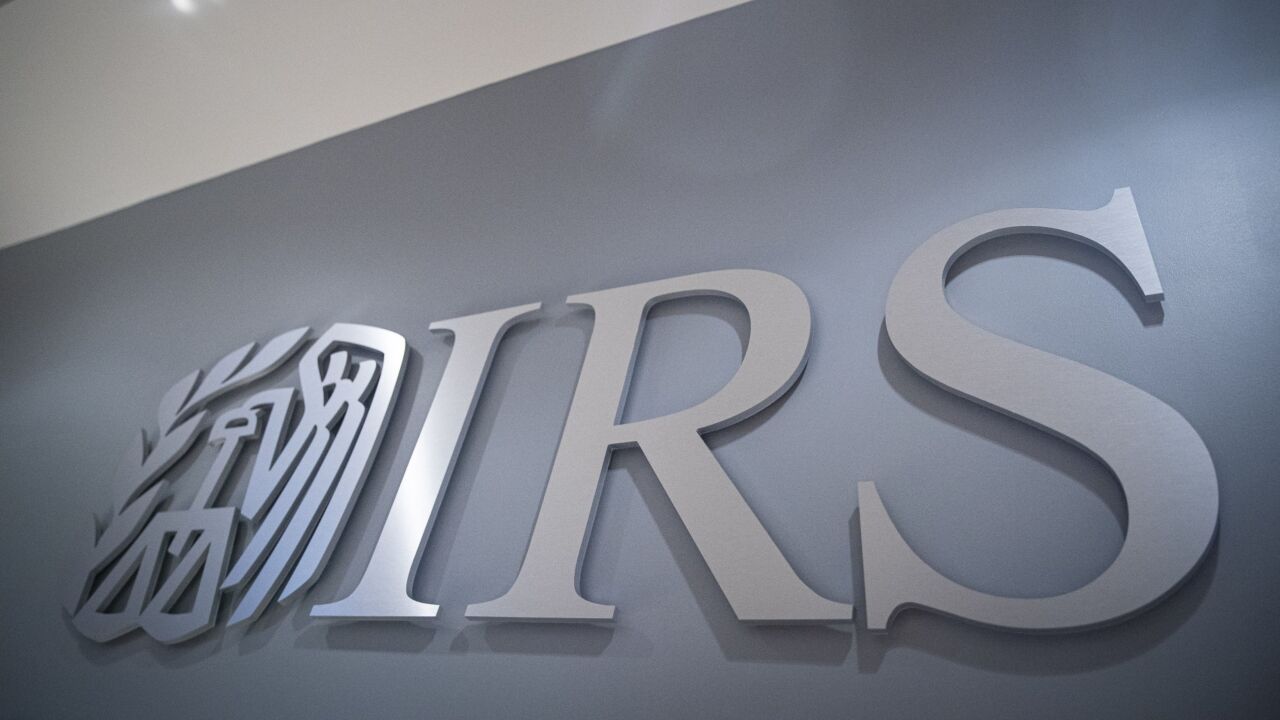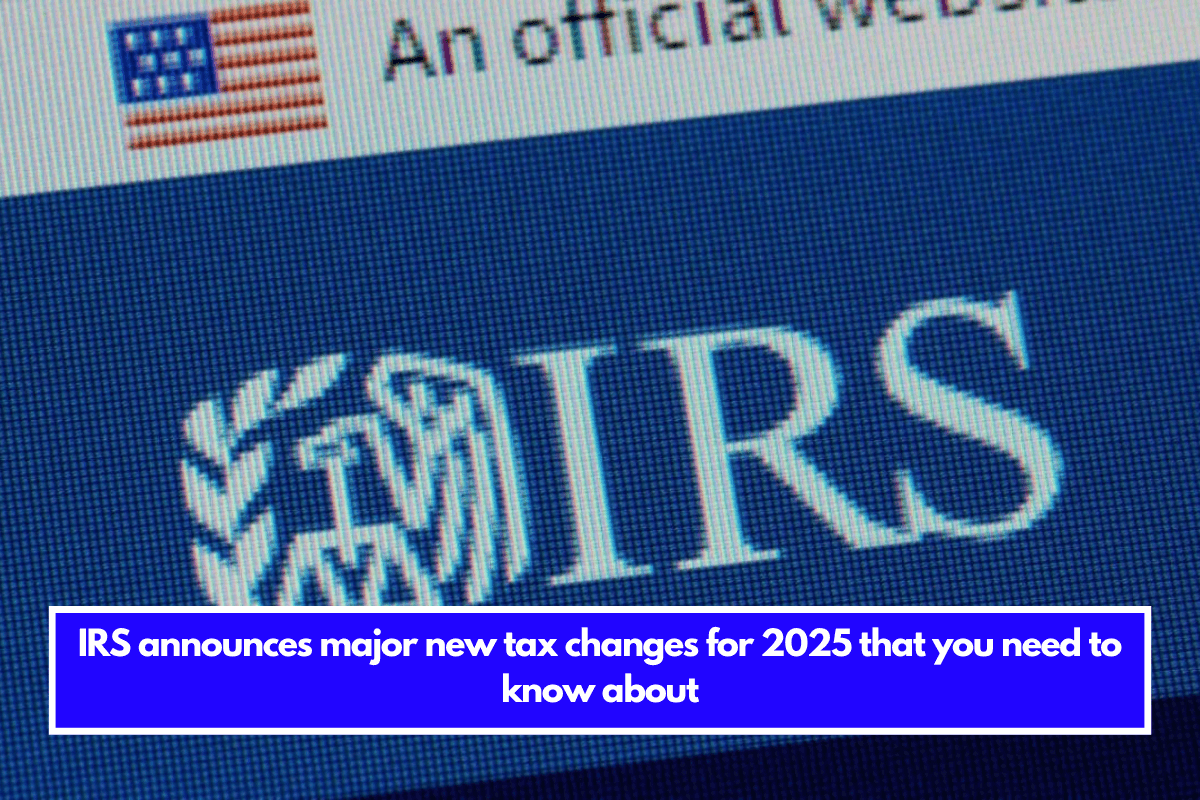The IRS has announced significant tax changes that will impact 2025 tax filings in the United States. These modifications aim to keep up with inflation, provide economic assistance to taxpayers, and reduce total tax loads.
These modifications benefit families, middle-income individuals, and those who use the standard deduction on tax returns. The key changes you should be aware of are as follows:
Key IRS changes for 2025
- Revised tax brackets: Tax brackets will be adjusted according to the latest inflation rates, potentially lowering the tax rates for individuals in lower income brackets. This adjustment may result in significant tax savings for many taxpayers by placing their income in a lower bracket than the previous year.
- Increased standard deduction: The standard deduction will be raised, allowing taxpayers to deduct a larger portion of their income before taxes are calculated. This change benefits those who prefer a straightforward filing process without itemizing deductions, providing greater tax relief.
- Enhanced tax credits: Key credits such as the child tax credit and the earned income tax credit will be updated to increase eligibility and the amounts available. These enhancements aim to support more low- and middle-income families and workers, reducing their financial strain through additional tax savings.
- Higher retirement contribution limits: Contribution limits for retirement accounts like 401(k)s and IRAs will be increased, enabling taxpayers to save more for retirement with advantageous tax benefits. This change not only addresses inflation but also fosters long-term financial security for individuals at various life stages.

Essential points to consider
- Financial relief for middle-income families: Lower tax rates and a higher standard deduction can provide substantial financial relief for families and individuals in the middle-income bracket.
- Broader access to tax credits: Expanded eligibility for important tax credits means more families can benefit from these incentives, reducing their taxable income and potentially increasing their tax refunds.
- Opportunities for increased retirement savings: Higher contribution limits for retirement accounts offer a valuable opportunity to boost savings and ensure a more stable financial future.
As the 2025 tax year approaches, taxpayers must stay updated about IRS adjustments. Reviewing adjustments annually, understanding inflation’s influence on tax brackets, and maximizing available deductions and credits can result in significant savings. Using a tax professional or advanced planning tools can assist optimize benefits and comply with new requirements more effectively.
Also See:- More Social Security payments in 2024 Here’s how to get checks with Cost of Living 2025 included


















